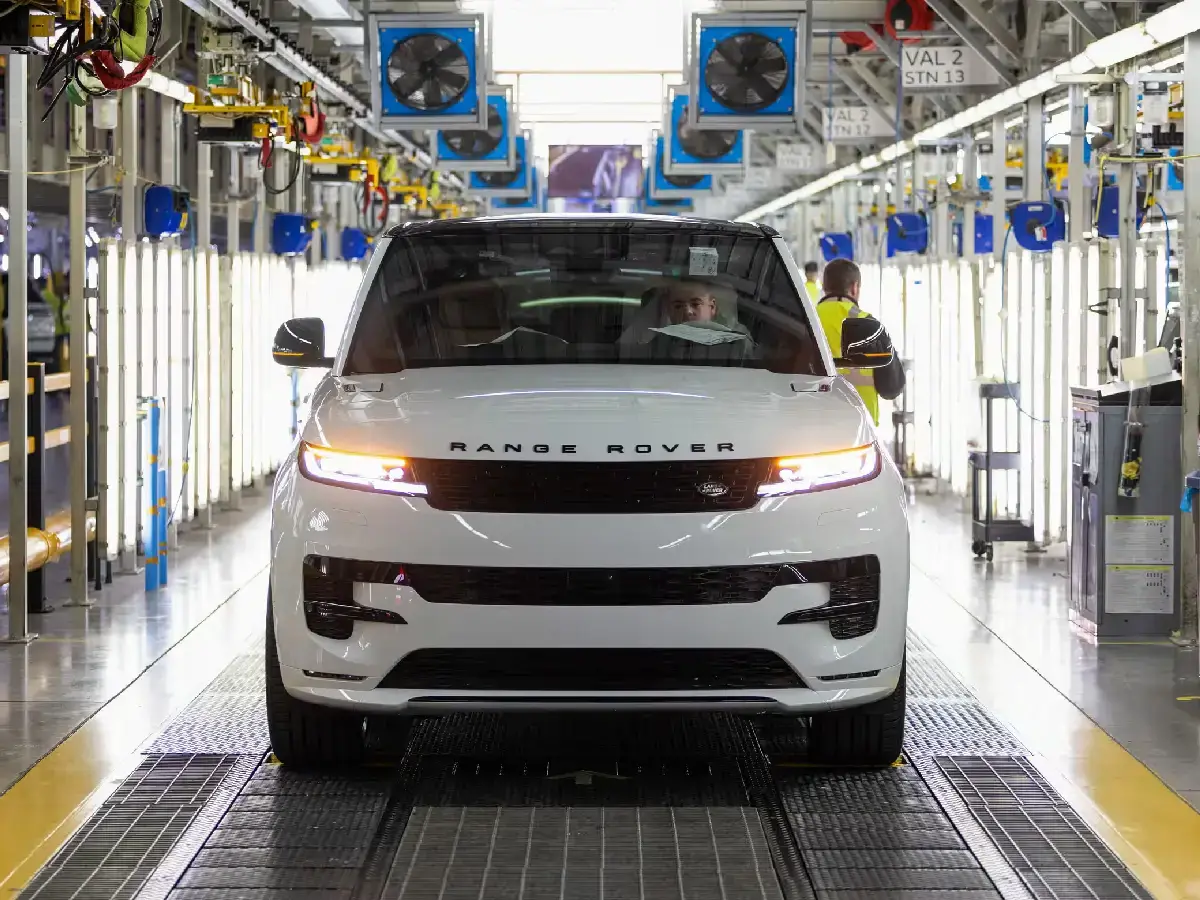Luxury automaker [Brand Name] has announced a temporary halt to its vehicle shipments starting April, as it navigates through the challenges posed by a newly imposed 25 percent import tariff. This strategic pause is part of a broader effort to reassess and adapt to the commercial landscape reshaped by these significant trading changes.
[Brand Name], known for its high-end vehicles that blend performance with opulence, has historically relied heavily on global markets including [specific country or region], which recently imposed the hefty tariffs. These tariffs come as part of broader economic policies aimed at balancing trade relationships and boosting domestic industries. However, for luxury car manufacturers like [Brand Name], this policy shift introduces a complex array of business challenges.
The 25 percent import duty is likely to have a profound impact on the automaker’s pricing structure, potentially escalating retail prices and affecting sales volume in one of its major markets. The decision to halt shipments is not one taken lightly; it reflects the company’s proactive approach in conducting a thorough analysis of how best to position itself under the new trade paradigms.
[Brand Name] is set to engage in extensive strategic planning to tackle this tariff hurdle. This includes exploring possible adjustments to their supply chain, evaluating local manufacturing options, and renegotiating terms with existing suppliers and partners. Each of these steps requires careful deliberation and time, hence the temporary suspension of shipments.
While the immediate financial impacts of the tariff might be glaring, there are broader implications for [Brand Name]. Market dynamics might shift as consumers could turn to alternatives that become relatively cheaper due to the tariffs. This could reshape market competition and potentially spur [Brand Name] to innovate in ways that could offset the disadvantages imposed by the tariffs.
Moreover, [Brand Name] is also considering the customer experience and brand perception in [specific country or region]. Price hikes could alter brand loyalty and customer preferences, pushing the company to enhance its value proposition through improved service offerings or exclusive features to maintain its competitive edge.
This scenario also presents an opportunity for [Brand Name] to delve deeper into market research and consumer behavior analytics. Understanding how their target demographic in [specific country or region] reacts to economic pressures and price fluctuations will be crucial in recalibrating their market strategy effectively. This might result in more localized or specialized vehicle models that cater more directly to the needs and expectations of their consumers in the region.
In response to the halt, [Brand Name] has communicated its commitment to keeping stakeholders informed and engaged. The company plans to maintain transparency with its dealerships, customers, and investors as it outlines its strategic adjustments and timelines for resuming normal operations. Customer service departments are being equipped to handle inquiries and provide support to clients affected by the shipping suspension.
Internally, this period will also be used for workforce training and development, particularly focusing on enhancing the skills that will be pivotal in navigating the post-tariff market landscape. [Brand Name] remains optimistic that these efforts will not only safeguard but potentially enhance its market presence in [specific country or region].
As [Brand Name] braces for a landscape marked by tariffs, its strategic pause in shipments is emblematic of a forward-thinking company that prioritizes resilience and adaptation. By taking a thoughtful approach to these trading challenges, [Brand Name] aims to continue delivering excellence and innovation in the luxury automotive sector, even under shifting economic conditions.










